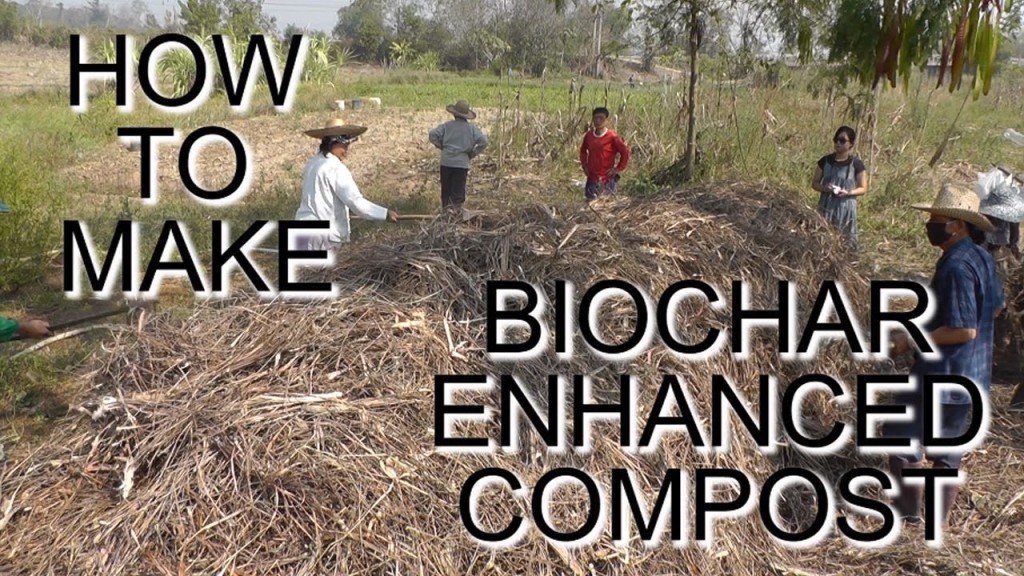Incorporating Biochar into the Composting Process
Living on a rural property often comes with the joy of maintaining a garden and composting organic waste. Composting is an excellent way to reduce landfill waste, enrich your soil, and promote sustainable practices. And if you’re looking to take your composting game to the next level, consider incorporating biochar into the process.
Biochar is essentially charcoal produced from biomass that can be added to soil as a soil amendment. It is created by heating organic matter in a low-oxygen environment through a process called pyrolysis. This ancient technique has been used for centuries in agriculture, offering numerous benefits when integrated into composting.
One significant advantage of using biochar in composting is its ability to enhance nutrient retention within the compost pile. Due to its porous structure, biochar acts as a sponge, absorbing excess moisture while also holding onto essential nutrients that might otherwise leach away during decomposition. By incorporating biochar into your compost pile or bin, you create an ideal environment for beneficial microbes and worms that thrive on stable carbon structures.
Additionally, biochar helps improve overall soil quality when mixed with mature compost before application. As it decomposes over time, it releases stored nutrients slowly and consistently back into the soil profile—an effect known as nutrient cycling. This slow-release characteristic reduces nutrient runoff and ensures plants receive adequate nutrition throughout their growth cycle.
Another notable benefit of using biochar in composting lies in its ability to sequester carbon dioxide (CO2) from the atmosphere effectively. By diverting organic waste from landfills and converting it into biochar instead of allowing decomposition under anaerobic conditions (which produces methane—a potent greenhouse gas), we can significantly reduce our carbon footprint while simultaneously improving our soils’ health.
When introducing biochar into your regular compost routine, ensure proper mixing throughout the pile or bin’s layers rather than adding it all at once. This promotes even distribution of the biochar, allowing it to work its magic uniformly. Aim for a ratio of about 5-10% biochar by volume in your compost mix.
It’s important to note that not all organic waste materials are suitable for creating biochar. Woody materials such as branches, twigs, and stalks make excellent candidates due to their high carbon content. Avoid using materials like glossy paper or treated wood that may contain harmful chemicals.
In conclusion, incorporating biochar into the composting process offers numerous benefits to both our environment and garden productivity. By retaining nutrients, improving soil quality, and sequestering carbon dioxide, this ancient technique can elevate your composting efforts to new heights of sustainability. So why not give it a try? Your garden will thank you!


Leave a comment